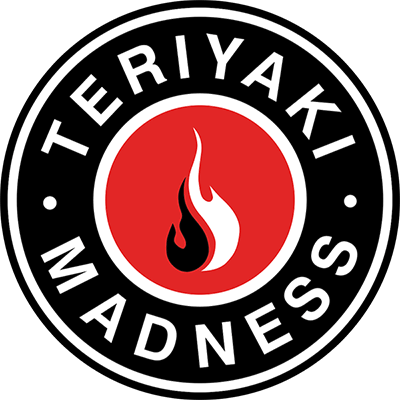
What to Look for in a Franchise Agreement
If you’re considering becoming a franchise investor, you’re likely excited about the prospect of running your own business with the support of an established brand. However, before you dive into the franchise process, it’s crucial to thoroughly examine the franchise agreement — a legally binding document that governs your relationship with the franchisor. Understand what to look for in a franchise agreement with our full guide. Let’s walk through each section and highlight what’s standard
Deciphering the Fine Print: Understanding the Elements of a Franchise Agreement
When considering what to look for in a franchise agreement, remember that the specific content may vary depending on the franchisor and the type of business, but most franchise agreements include the following sections:
- Introduction and definitions: This section typically provides an overview of the agreement, defines key terms, and identifies the parties involved.
- Grant of franchise: This section outlines the franchisor’s grant of rights to the franchisee, including the rights to use trademarks, service marks, and business systems.
- Fees and payments: Details about the initial franchise fee, ongoing royalty fees, advertising fees, and any other fees or payments required by the franchisor.
- Location development: Describes the site selection process, lease provisions, construction and build-out, and the FF&E (furniture, fixtures and equipment) package.
- Training and support: Outlines the training and support services provided by the franchisor, including initial training, ongoing support, and assistance.
- Operations: Describes the standards and procedures the franchisee must follow in operating the franchised business, including quality control, use of approved suppliers, and compliance with operating manuals.
- Marketing and advertising: Specifies the franchisee’s obligations regarding marketing and advertising, including participation in national or regional advertising campaigns and contribution to advertising funds.
- Intellectual property: Details the franchisee’s rights and obligations regarding the use of the franchisor’s trademarks, trade names, copyrights, patents, and other intellectual property.
- Insurance, indemnification, and liability: Outlines the insurance requirements and the franchisee’s obligations to indemnify the franchisor against certain liabilities.
- Governing law and venue: Identifies the law governing the agreement and the venue for resolving disputes.
- Miscellaneous provisions: Includes various standard legal provisions, such as entire agreement, amendments, waivers, and severability.
It’s important for franchisees to carefully review and understand the terms of the franchise agreement, and it’s a good idea to seek legal counsel before entering into such an agreement.
How a Franchise Agreement Differs from an FDD
A franchise disclosure document (FDD) is a comprehensive legal document that provides prospective franchisees with essential information about the franchisor and the franchise opportunity. It serves as a pre-contractual disclosure, giving you insights into the franchisor’s history, financial health, litigation history, and other crucial details. The FDD must be updated every year, according to the Federal Trade Commission, which oversees franchising.
In contrast, the franchise agreement is a legally binding contract that outlines the specific terms and conditions of the franchise relationship once you decide to move forward with the investment. While the FDD provides general information, the franchise agreement is highly specific, covering details like fees, obligations, territorial rights, and operational standards.
The franchise agreement is the legal document that formalizes the relationship between you and the franchisor after you’ve thoroughly reviewed the FDD and decided to invest. It’s essential to read and understand both documents thoroughlyto ensure that you’re fully aware of your rights, obligations, and the terms of your franchise venture. By doing so, you can embark on your franchise journey with confidence and clarity.
Expectations for Franchisees and Franchisors
In a nutshell, a franchise agreement is a crucial document that defines the terms of your partnership with a franchisor. To protect yourself as a franchisee, carefully review all sections of the agreement before signing. With a clear understanding of what to look for in a franchise agreement, you can embark on your franchising journey with confidence.
Teriyaki Madness takes pride in fostering transparent, mutually beneficial relationships with all their franchisees. To learn more about whether Teriyaki Madness is the right fit for your franchising journey, download the Franchise Report. Prospective franchisees receive a copy of the FDD and franchise agreement when the enter the Teriyaki Madness Education and Approval Process.

